- Last Update 2025-06-06 17:44:00
China honours Sri Lankan Professor Patrick Mendis with International Confucius Award
The National Confucius Research Institute of China recently honored Professor Patrick Mendis with the International Confucius Award. The Sri Lankan-born American diplomat is currently a distinguished visiting professor of Sino-American relations at the renowned Yenching Academy of Peking University in Beijing.
A visiting research fellow of the Confucius Institute in Qufu for almost five years, Professor Mendis has been closely involved in promoting Chinese culture and Confucian values in addition to promoting better understanding between China and the United States.
A former Rajawali senior fellow of the Harvard Kennedy School's Ash Center for Democratic Governance, and a research associate of the Fairbank Center for Chinese Studies at Harvard University, he currently serves as an American commissioner to the Paris-based UNESCO.
Professor Yang Chaoming, president of the Confucius Research Institute of China, welcomed Professor Mendis and other distinguished researchers at the Qufu symposium. The invited experts included Dr. Mi Huaiyong, deputy Party secretary and vice president of the institute, and other nationally-prominent Confucius scholars like Dr. Wang Junlin and Dr. Liu Guangsheng.
Yang described the main guest as "a friend of China" committed to "promoting and disseminating China's excellent traditional culture, especially Confucianism in the world."
Prior to receiving the certificate of honor, the Yenching Academy professor made a penetrating presentation entitled "Confucius in America: Inspiring the Founding Generation." He then conducted in-depth discussions with the invited scholars on the influence of Confucian thoughts in the founding of the United States and the underlying cultural comparisons between China and America.
With numerous examples, he highlighted that Confucianism had an enduring impact on the thoughts of the "Founding Fathers" of the United States, especially Benjamin Franklin, Thomas Paine, and Charles Thomson. Even George Washington and Thomas Jefferson benefited from China trade and Confucian culture, he said.
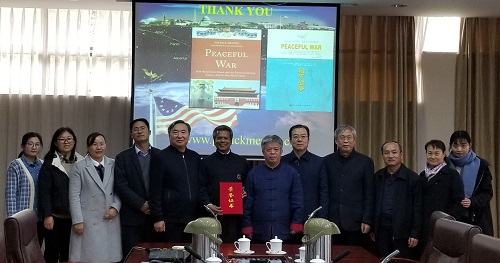
You can share this post!
-
Still No Comments Posted.
Name
Content

- May 31, 2025 - 478 - 0
Flt Lt Kasun Cumaratunga , more than a pilot, a guardian remembered on his 37th death anniversary
Kasun, was born in 28th Sept 1964, the grandson of the legendary author and linguist Munidasa Cumaratunga and son of SSP Bindu Kumaratunga and Winifred
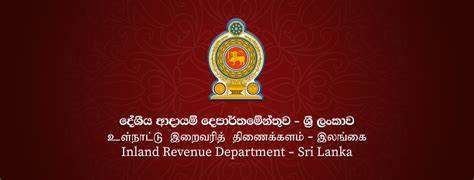
- June 2, 2025 - 447 - 0
National Tax week launched
The Inland Revenue Department (IRD) backed by the Excise and Customs Department today launched a fresh drive to collect taxes including some Rs.780 billion listed as ‘collectable defaults’.

- June 2, 2025 - 348 - 0
SriLankan Airlines’ new A330 Fleet to perform low fly past over Colombo on Wed.

- May 29, 2025 - 259 - 0
Mahindananda and Nalin Fernando Jailed
Former Sports Minister Mahindananda Aluthgamage and former Sathosa Chairman Nalin Fernando have sentenced to 20 and 25 years respectively after they were found guilty in a case of fraud.
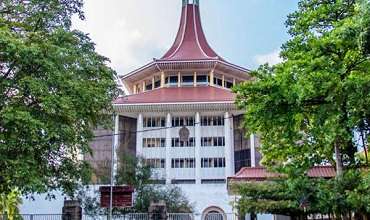
- June 3, 2025 - 185 - 0
Krishanthi Kumaraswami convicts FR dismissed by SC
The Supreme Court today unanimously dismissed a Fundamental Rights petition filed by five convicts in the 1996 Krishanthi Kumaraswamy abduction, rape, and murder case.
Related Articles
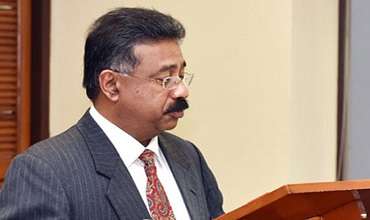
Former CJ presents credentials to UN Secretary-General as SL permanent rep. to UN
- 06/06/2025 - 102 - 0

SriLankan flight grounded in Indonesia
- 06/06/2025 - 159 - 0

News in pictures
- 05/06/2025 - 33 - 0

Alert Moratuwa resident averts railway derailment
- 05/06/2025 - 129 - 0




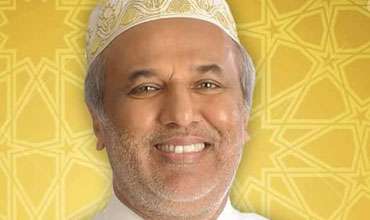



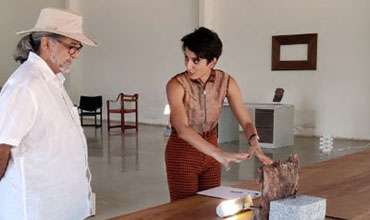


Leave Comments